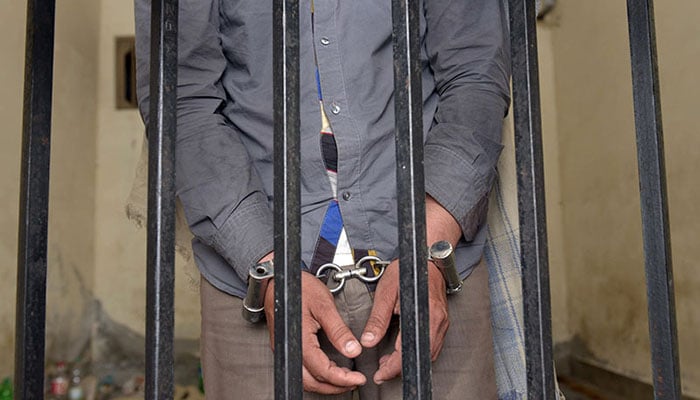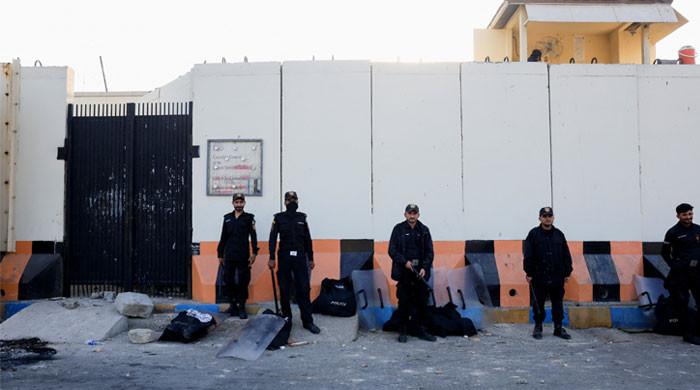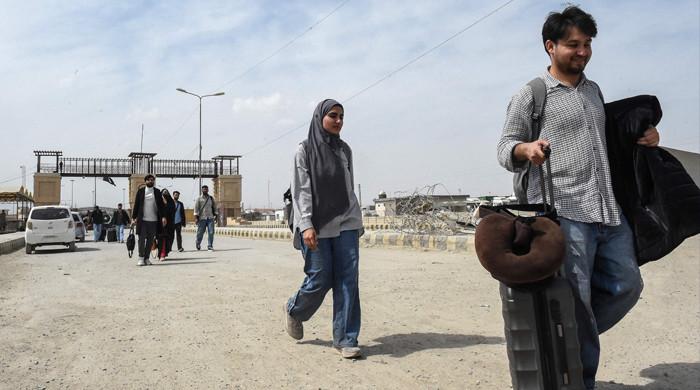What are the medical rights of inmates in Pakistan?
Prisoners are guaranteed rights under The Prison Act, 1894, and The Pakistan Prisons Rules, 1978
January 30, 2019

Former Prime Minister Nawaz Sharif, incarcerated for seven years, has sought release on bail from the Islamabad High Court on medical grounds. His counsel told the court that Sharif suffers from diabetes, high blood pressure and stage 3 kidney disease, amongst other ailments.
Sharif, undoubtedly, is a high-profile prisoner.
But what are the medical rights of the other 80,000 prisoners in Pakistan?
Going to prison doesn’t mean leaving one’s basic human rights at the lockup’s entrance. Even the most hardened criminals are entitled to medical care and mental health treatment in Pakistan, under the constitution, without discrimination.
The rights guaranteed under The Prison Act, 1894, and The Pakistan Prisons Rules, 1978, include:
The Prison Act, 1894
According to Section 14 of the Act, if a medical officer, appointed by prison authorities, believes that health of a prisoner has been affected by the discipline and treatment meted out in jail, the officer should report his observations to the superintendent in charge.
As per Section 39, every prison has to maintain a hospital on the premises, staffed by a medical officer, a junior medical officer and a dispenser.
If a prisoner is sick, he/she should be reported to the jailer, without delay. The jailer will then immediately call the medical officer. The officer shall enter a day-by-day medical history of the prisoner in a booklet, as well as his observations until the prisoner is well.
The Pakistan Prisons Rules, 1978
Under the Rules, if a prisoner is seriously ill, the superintendent of the jail should send a report, attached with a medical report, to a court to consider the possibility of ordering the release of the prisoner on bail.
A female prisoner who is pregnant, during her incarceration, shall be provided with a special dietary requirement and her diet scale should include milk, fresh fruits and vegetables.
According to Rule 763, the wards or cells occupied by prisoners suffering from infectious or contagious diseases shall be whitewashed and disinfected as often as directed by the medical officer. In the summers, the wall and ceilings of barracks and cells shall be regularly sprayed with insecticide to protect prisoners from mosquitos.











